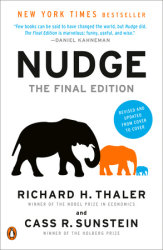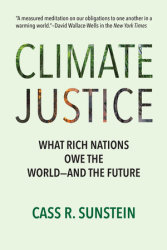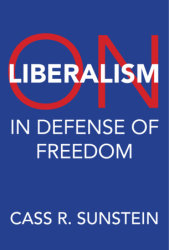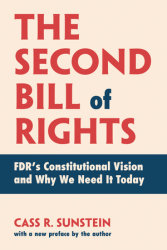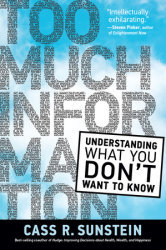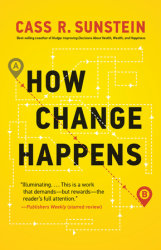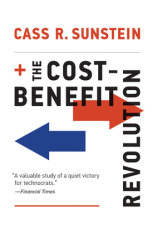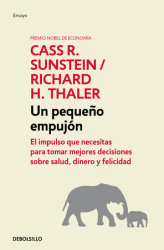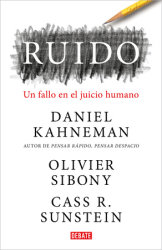Cass R. Sunstein

Photo: © Harvard Law School
Cass R. Sunstein specializes in constitutional law, regulatory policy, and economic analysis of law. He is by far the most cited law professor in the United States. He has also written for many popular newspapers and magazines, including The New York Times, The Washington Post, Los Angeles Times, The Boston Globe, Chicago Tribune, The American Prospect, Time, Harper’s Magazine, and New Republic. He has also appeared on many national television and radio shows, including Nightline, Fox News, ABC World News, NBC Nightly News, 20/20, NewsHour, The O’Reilly Factor, and Fresh Air. Sunstein graduated in 1975 from Harvard College and in 1978 from Harvard Law School, magna cum laude. He clerked for Justice Thurgood Marshall of the U.S. Supreme Court. Before joining the faculty of the University of Chicago Law School, he worked as an attorney-advisor in the Office of Legal Counsel of the U.S. Department of Justice. Mr. Sunstein is the author of many articles and a number of books, including Republic.com (2001), Risk and Reason (2002), The Cost-Benefit State (2002), Why Societies Need Dissent (2003), The Second Bill of Rights (2004), Laws of Fear: Beyond the Precautionary Principle (2005), and Worst-Case Scenarios (2007).






